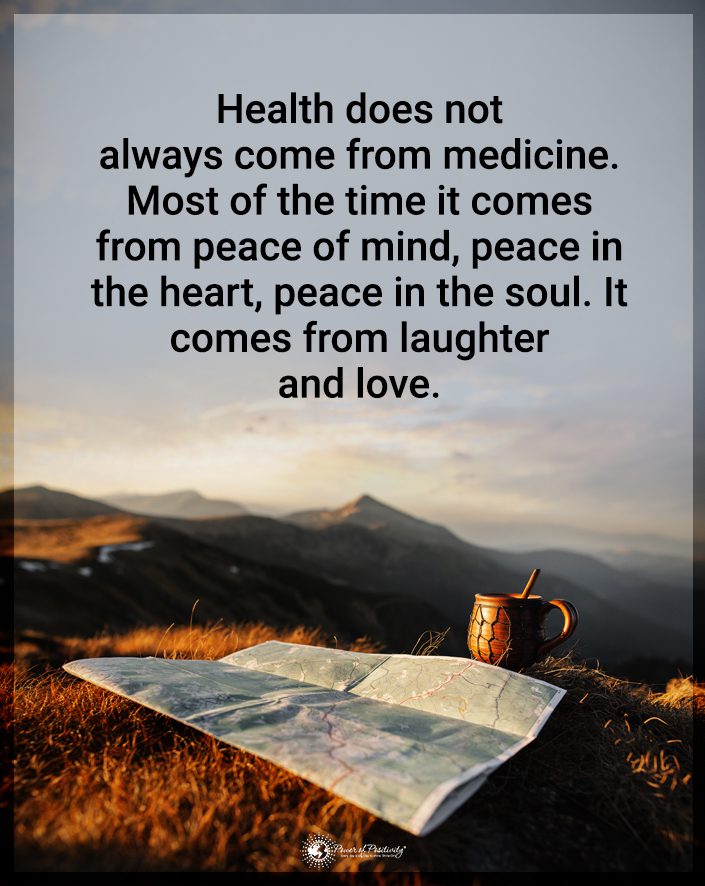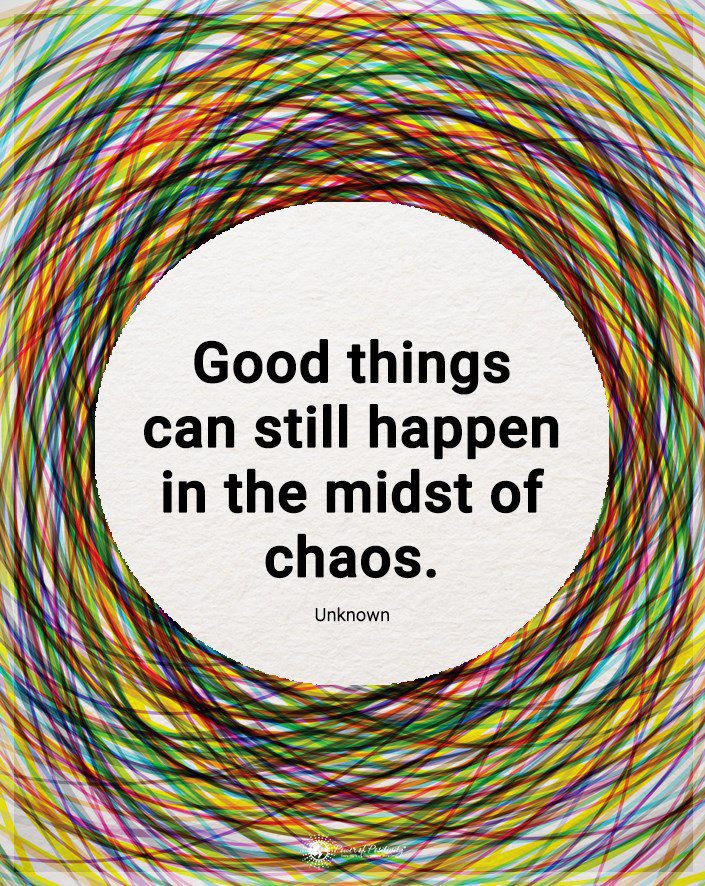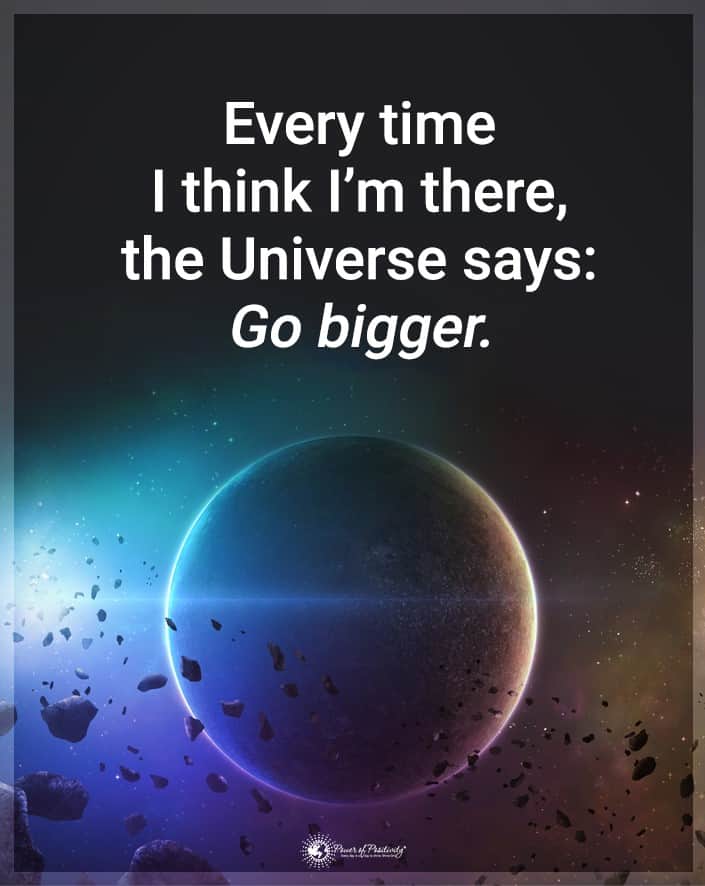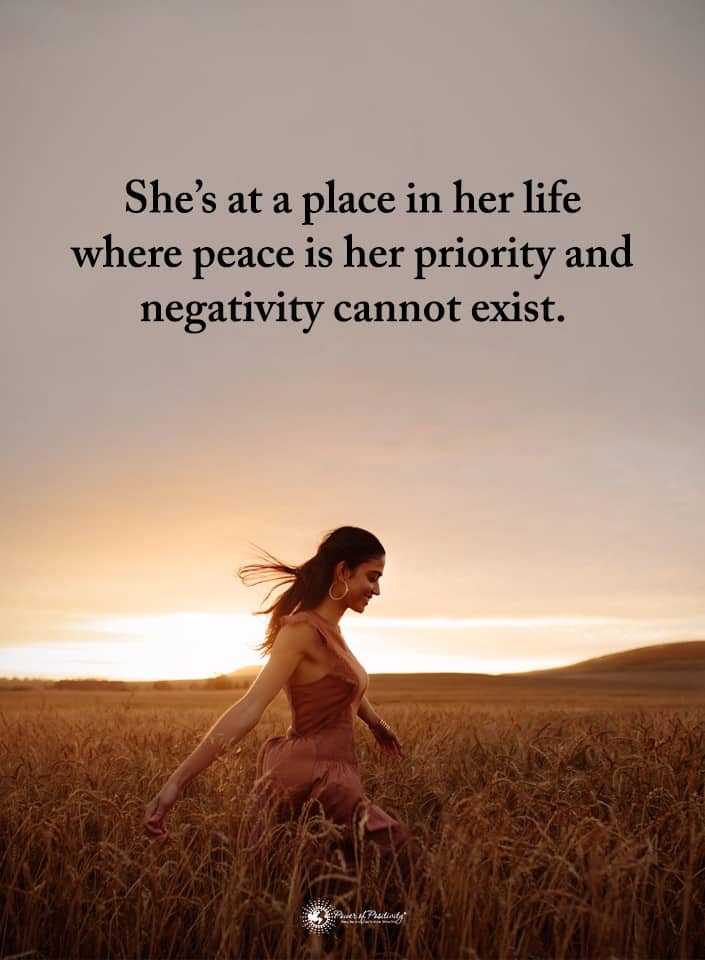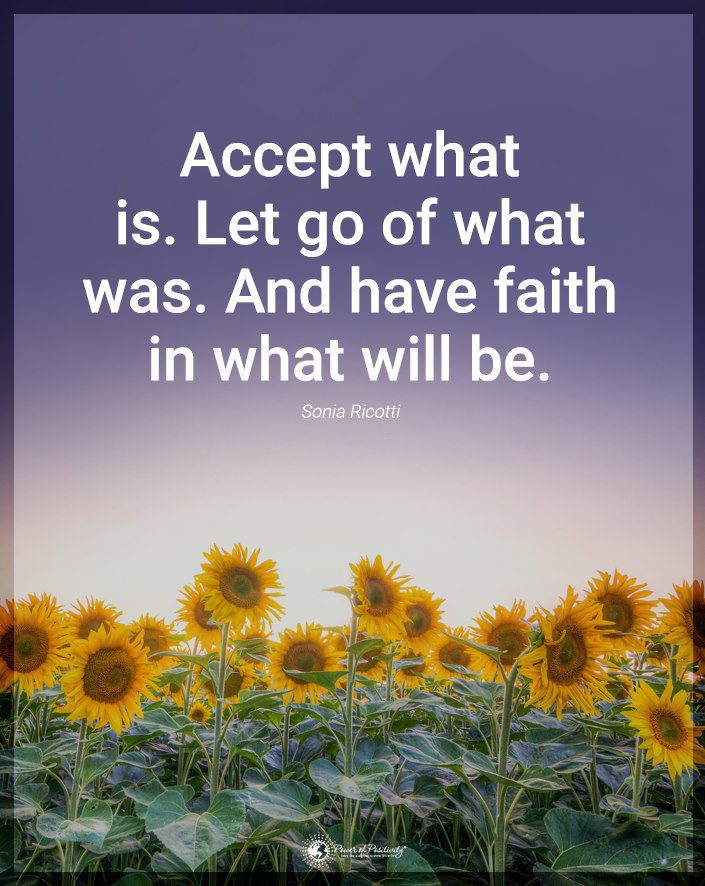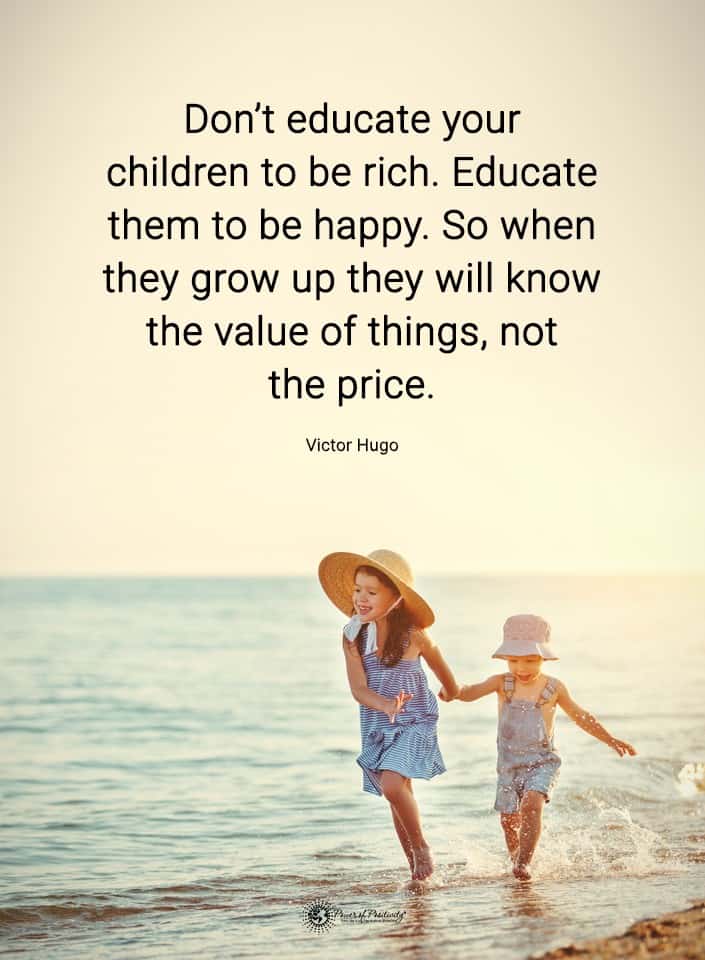A one-sided relationship can be exhausting for the person who is not in control. You begin to feel like things are unfair when it comes to the balance of your love. If you’re feeling a bit off-balance, here are 10 possible signs that you’re in a one-sided relationship.
10 Signs You’re In A One-Sided Relationship
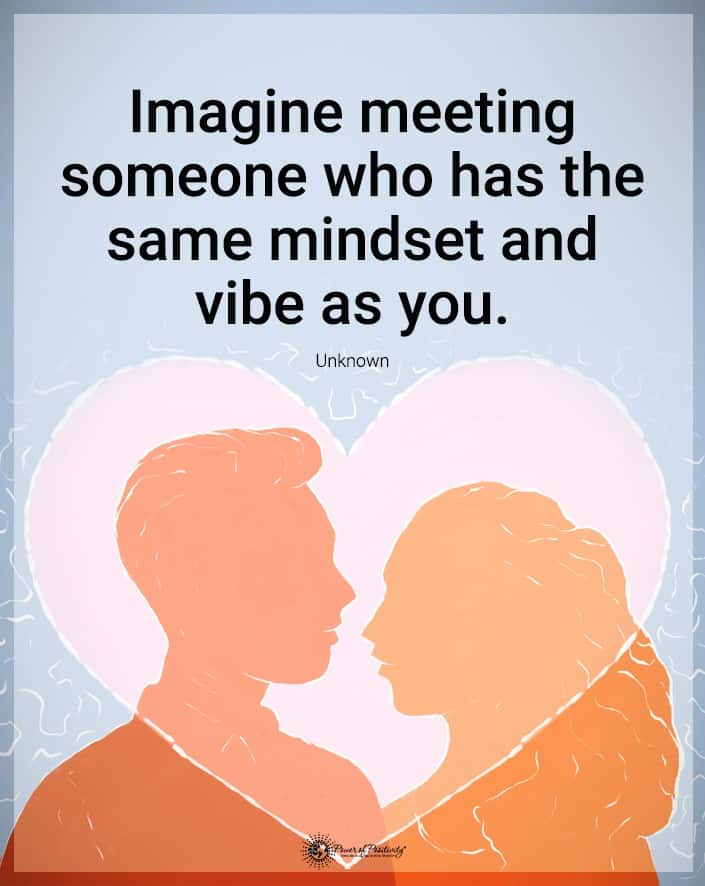
1. You’re tired of giving
A relationship should be give and take, but one of you is doing all the giving and the other takes more than their share. You remembered your partner’s birthday but they forgot yours. You brought home a surprise take out dinner but they never return the favor.
The one-sided giving doesn’t have to be monetary either. Are you the one always giving your partner pleasure in the bedroom, but when they have their fun they roll over and go to sleep?
2. Trust in a relationship is a one-way street
Your partner told their work colleague about that part of your anatomy that you are self-conscious about and it got back to you. Even a small betrayal of trust can hurt a relationship dramatically. How can you trust your partner with small secrets if you can’t trust them with bigger ones?
3. Your friends or family don’t approve of the relationship
Your relationship is one-sided if you know that your friends and/or family don’t approve of your mate. They have probably observed selfish behavior and a pattern of disrespect and do not want that for you.
4. You are the keeper of the relationship history
You know when your first date was, your first kiss, and the anniversary of the first time you made love, but your partner is oblivious to these significant events. If you are the event-planner for your relationship, it could signify a one-sided relationship.
5. You know nothing about your partner’s family
Although you have made an effort to bring your romantic relationship and your family together, your partner has never done the same for you. It’s as though you’ve been kept a secret from any of their relatives.
6. You do all of the emotional work in the relationship
Researchers call caring for others’ emotions the “emotional work” of relationships. A study in the Journal of Family Issues reported that in a study of the psychological health of 102 couples with children:
- Family members do work to meet people’s emotional needs, improve their well-being, and maintain harmony.
- When emotional work is shared equally, both men and women have access to emotional resources in the family.
- However, like housework and child care, the distribution of emotional work is split into male and female roles.
Keeping the relationship in an emotional balance is difficult work. If your partner isn’t supporting your feelings as you support theirs, you are in a one-sided relationship.
7. You do more than your fair share of housework.
You walk the dog, do the dishes more, clean the house, and prepare dinner far more often than your partner does; why are things so one-sided when it comes to whose responsibility it is for getting things done?
Your partner should want to display their love for you through the little things. Saying “I love you” is far more than just expressing it verbally. Some of the truest “I Love You’s” come in the form of these daily chores that they don’t mind helping with.
8. You spend more money on your partner than they do on you
When it comes to the finances of your relationship, you pick up the check more often than your partner does. Not that you are keeping track of how much you have spent on them, but you get a general sense that there is a lack of balance between your level of contribution and your partner’s.
Sometimes one of you feels the need to control the finances, which according to one study can affect the level of satisfaction in a relationship. When one person controls the economics of the partnership, the other one has less control and tends to place blame on their partner for restricting their ability to make decisions with money.
9. Your partner doesn’t seem to care.
You were gone all day but your partner never bothered to ask you where you were or what you were doing. Did they even notice you were gone? When your partner seems unconcerned about what you did with your day, they are treating you more like a casual roommate than a romantic partner.
Partners care for each other and they demonstrate that by expressing an interest in their mate’s activities. No, your partner shouldn’t be grilling you for information, but they should at least be curious about what they encountered out in the world without them.
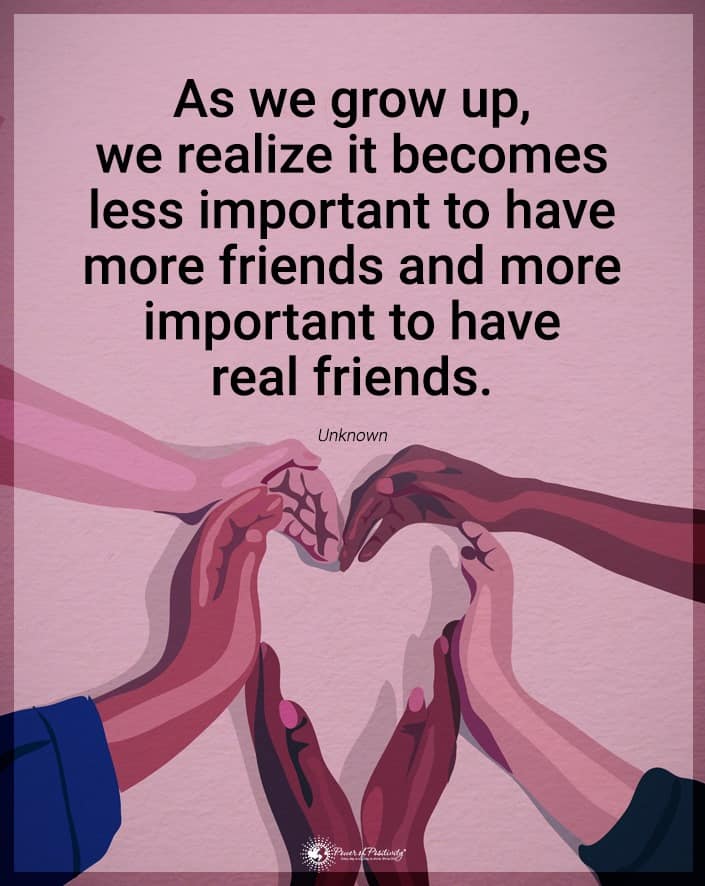
10. You suspect you may love your partner more than they love you.
The relationship had felt one-sided in your heart too. With fewer signs of caring than you had hoped for from your partner, you start to wonder if they don’t love you as much as you love them.
Romantic partners who see their lover flirting with another potential romantic partner shouldn’t feel jealous if they have a decent sense of self-worth, however, it is natural to be curious about the nature of their relationship. If your partner hasn’t even noticed that you were kind of flirting with the cashier, it’s a sign that you are in a one-sided relationship.

